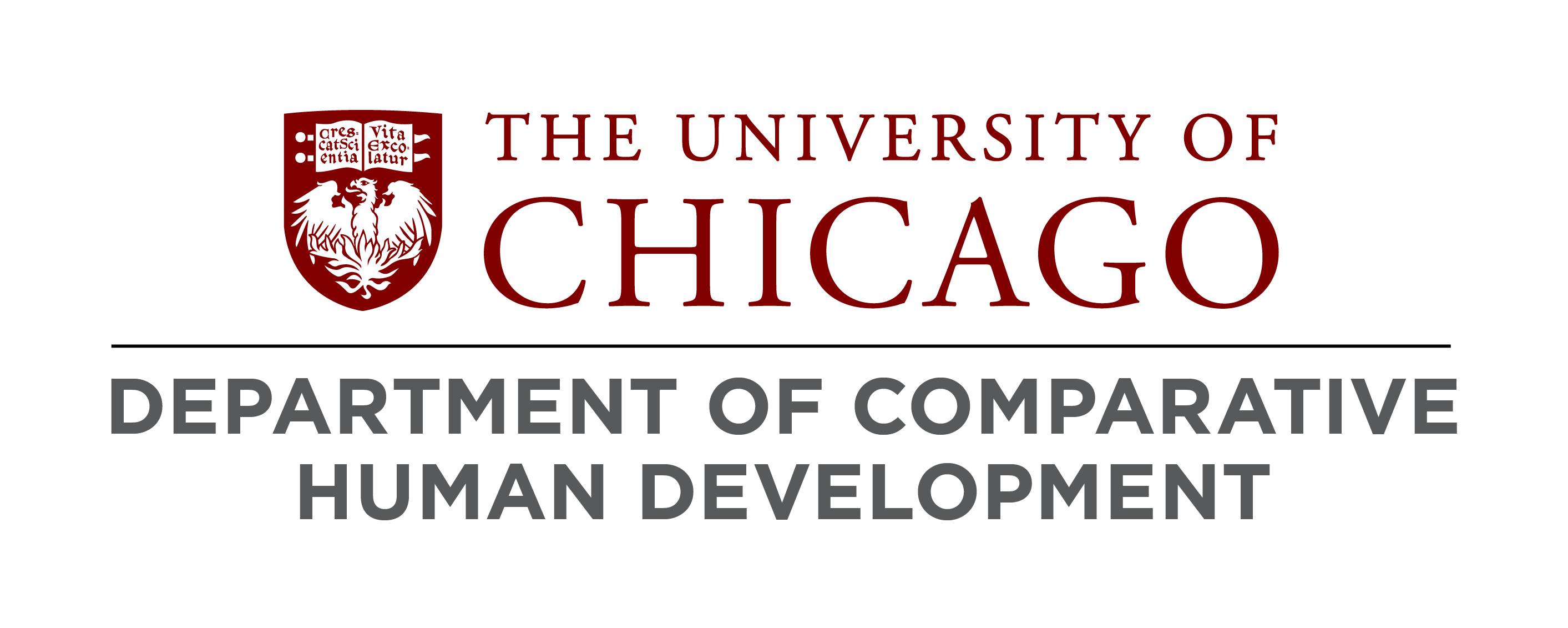PhD Degree
The Department of Comparative Human Development offers a doctoral degree. Our doctoral students may, in their second year, apply for an optional master’s degree from the department if they have met certain academic criteria and milestones.
 THE UNIVERSITY OF CHICAGO
THE UNIVERSITY OF CHICAGO

